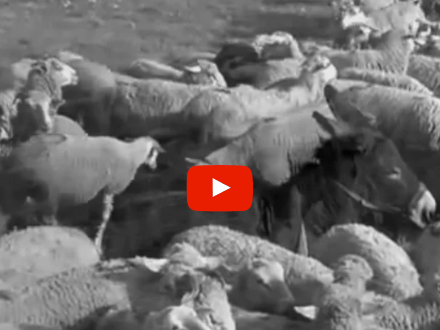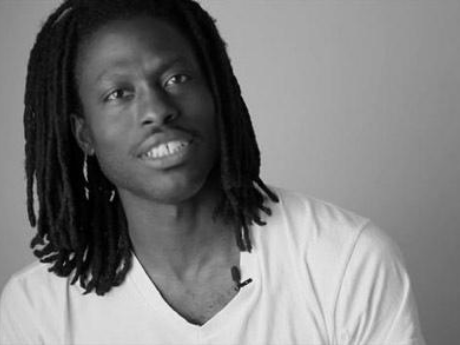Saying His Name
“The Mare of Money” by Roger Reeves
for Emmett Till
Another dead mare waits
in the shoals of some body
of water, waits to be burden,
borne into a foaming ocean,
where it might become food
for whales, or, simply empty
signifier—hair latched
to the sea’s undulation
like Absalom’s beauty caught
in the branches of a tree desiring union,
entanglement, thick confusion—
but not this mare;
she does not get the luxury
of a lyric—a song that makes
our own undoing or killing sweet
even as we go down
into the fire to rise as smoke.
This horse lies, eyes open,
among the stones and freshwater
crawfish in Money, Mississippi.
She listens to the men’s boots break
the water when they drop a black boy’s body
near her head, then pick him up,
only to let him fall—again
there: bent and eye-to-eye with her
as though decaying is something
that requires a witness
—as though the mare might say:
On Tuesday after the rain fell,
the boy’s neck finally snapped
from the weight of the mill fan;
he never looked at me again.
Or the boy might say:
No more. They part
here: the boy’s body
carried back to town by another,
as the horse stays, says nothing
because horses don’t speak, besides
this one’s dead.
Roger Reeves, “The Mare of Money” from King Me. Copyright © 2013 by Roger Reeves. Used with the permission of The Permissions Company, LLC on behalf of Copper Canyon Press, coppercanyonpress.org.
Terrance Hayes explores how Emmett Till has become a haunting, powerful figure in Black poetry—and Black public grief—through the work of 10 important poets. Subscribe to the PSA newsletter for more in the Saying His Name series and to keep updated with the PSA.
Terrance Hayes on "The Mare of Money"
I submit Roger Reeves’ bold, imaginative "The Mare of Money" as evidence poetry is a most potent kind of “open system.” That is, your interaction with poems like this one are not limited to/by the specifics the poem. You get to wander and wonder. Metaphor permits open interpretation and digression. Reeves’ title provides immediate example as a “mare” and “money” reverberate with innuendo and implication. (Who was the mayor of Money, Mississippi, for example? Turns out there was no mayor. Money was a town with a cotton gin, a church, and Bryant’s grocery store.) If a “closed system” is equal to the mathematical/logic resolutions/comprehension of poetic explication, an open system is equal to the Keatsean negative capability that makes uncertainty an occasion of imaginative participation… After coming to terms with the beautiful reverberating density of the poem, I decided to “depict” one of the many ways this poem opens my mind. Somehow it brought to mind French filmmaker Robert Bresson’s 1966 film, Au hasard Balthazar, which translates to Balthazar, at Random. Jean-Luc Godard once said the film contained “the world in an hour and a half.” It follows a donkey named Balthazar through a series of terrible and cruel misadventures until he dies in a countryside. I’ve edited the final scene here with some cross dissolve and Reeves. Sheep bells and a Schubert sonata play over the donkey’s corpse, “where it might become food / for whales, or simply empty / signifier.” The donkey may be seen as a mare in an open system. Bresson’s film may bring to mind the death of Emmett Till. Everything is in conversation in metaphor.



